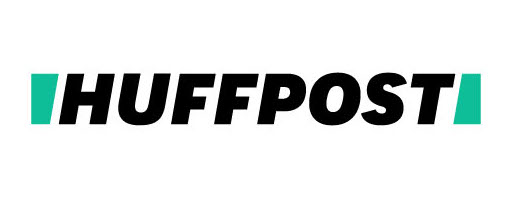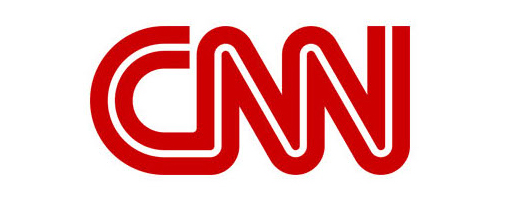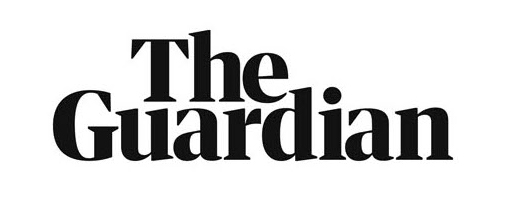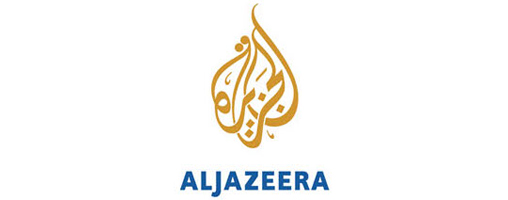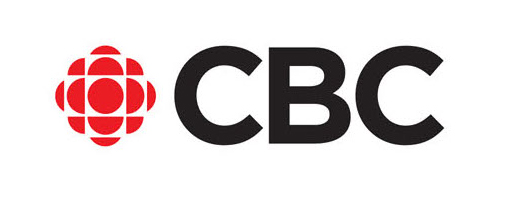February 4th is World Cancer Day
Did you know that cancer hits people living in poverty and in low-and middle-income countries the hardest? Cancer causes more deaths worldwide than HIV, TB and malaria combined, and two thirds of those deaths occur in developing countries. Cancer is not only a major health concern, but it is also an economic problem. Treatment and care for cancer is unaffordable to the world’s majority, and as a result, the probability of cancer survival is tied to level of individual or household income. The cost of cancer represented 1.5% of the world’s gross domestic product (GDP) in 2008, a figure that does not include direct medical costs. The list of staggering global facts about cancer goes on.
Myth 1: We don’t need to talk about cancer.
The top three cancers in women worldwide are cancers of the breast, colorectum and cervix. These are not only the types of cancers with the highest incidence, but also those that cause the greatest number of global deaths. Out of the 750,000 women who die from breast and cervical each year, the majority occur during a woman’s reproductive and working years.
Cancer is always a painful, confusing and uncomfortable topic to address. Yet, discussing health concerns about your breasts, rectum, and cervix is frequently out of the question for women, particularly in countries where gender inequality and extreme poverty persist. The impact these cancers can have on a woman’s sexual wellbeing is devastating. I’ve met women in different regions of East Africa, who were bleeding and in severe pain from late-stage cervical cancer, or knew of their breast lump, but avoided going for screening or medical care. Why? Surely there are many reasons, but generally it boils down to a lack of financial resources, a feeling of obligation to take care of the family and not themselves, and the big one: fear. Yet, as addressed in myth 3, cancer is no one’s fate, it can be detected at an early stage when it is amenable to treatment and each person can take steps toward reducing their cancer risk.
A sign is something that a doctor or healthcare professional will observe. A symptom is something that only you as the patient can feel or experience, such as pain or fatigue. There are many online resources that can be utilized to understand the signs and symptoms of breast cancer, cervical cancer or colorectal cancer, among other types.
Let’s talk about breast cancer. Girls and women must be taught breast self-awareness and how to conduct regular self-breast examinations. What does my breast usually feel like? When should I approach a healthcare provider? On top of that, clinicians should provide clinical breast exams (CBEs). I witnessed that CBEs are not provided nearly as regularly or widely as they should be in Kenya, although there are opportunities where this simple exam can be integrated into patient care. Acquaint yourself with your breasts, if you haven’t already, because it could save your life.
Since we busted the myth that we don’t need to talk about cancer, let’s go to our trusted healthcare providers and discuss irregularities we’ve noticed in our breasts, changes vaginal discharge that may be worrisome, and our overall health.
Myth 3: There is nothing I can do about cancer.
Did you know that about half of all cancers can be prevented?
In the developing world, 22% of cancers are caused by infections. Human papillomavirus (HPV) is linked to cervical cancer, and can be vaccinated against. Alternatively, condom use and limiting the number of sexual partners may result in a lowered risk for HPV.
Unfortunately there is no magic exercise or food regimen to prevent cancer, but you can significantly reduce your risk factors. Tobacco is the single largest risk factor. Smoking is a growing concern in low-and middle-income countries, as Tobacco companies have lost much of their market in high-income countries and are finding new prey elsewhere. Alcohol abuse is a risk factor. People who are overweight and obese are at a higher risk of developing different types of cancers. Leading a healthy lifestyle is crucial and you can reduce your cancer risk significantly by exercising, eating healthy foods, and avoiding tobacco and excessive alcohol consumption.
Access to care for cancer is a social justice issue, as access to healthcare is a human right. Inadequate infrastructure for early detection and prevention at the primary healthcare level are the norm in low-income countries like Kenya. Furthermore, access to radiotherapy and chemotherapy, among other treatment modalities, are extremely scarce in the public sector, essential medicines are often out of stock, and if available, these drugs are mostly unaffordable. Due to gender inequities in culture, power and resources, women face additional barriers in accessing cancer prevention and early detection, or cancer care.
Every year 160,000 children are newly diagnosed with cancer worldwide. More than 70% of these cases do not have access to effective treatment, resulting a dismal survival rate of approximately 10% in some low-and middle-income countries. In comparison, the survival rates for childhood cancers in many high-income countries is about 90%.
We can do better. There is a moral imperative to do better and to reduce the outcome gaps in cancer survival rates across the globe. We can scale up early detection and care, and make cancer care accessible and affordable.
Shiba Phurailatpam, Director of the Asia-Pacific Network of People Living with HIV/AIDS has aptly said: “People died during long and hard-won battles for access to HIV/AIDS medicines; we will not stand by and allow this to happen again for people suffering from cancer.” We must take the lessons we’ve learned in the fight for access to essential medicines for HIV/AIDS and challenge the status quo on the provision, or lack thereof, of cancer treatments.
What can you do?
- Sign the World Cancer Declaration: http://www.uicc.org/declaration/sign-world-cancer-declaration
- Spread the word about existing inequities in cancer prevention and control through social media and word of mouth. Join the conversation on twitter: #WorldCancerDay
- More info on advocacy and ways to do something: http://worldcancerday.org/dosomething






